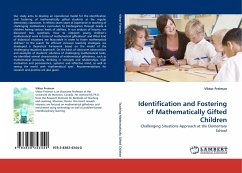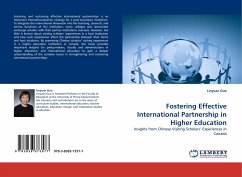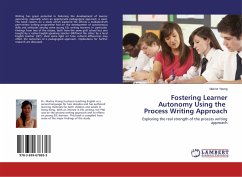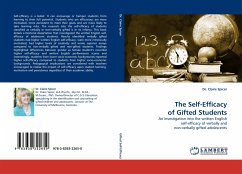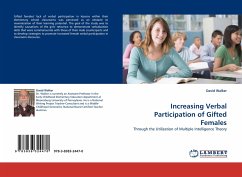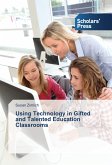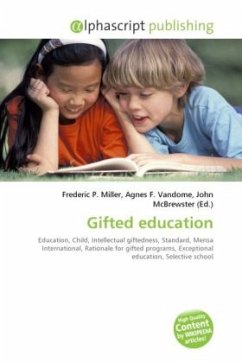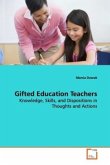Our study aims to develop an operational model for the identification and fostering of mathematically gifted students at the regular elementary classroom. It reflects seven years of experience in teaching of challenging mathematics curriculum to Kindergarten through Grade 6 children having various levels of abilities. In our analysis of lessons, we discussed two questions: How to interpret young children s mathematical work in terms of mathematical giftedness? and What kind of didactical situations are favourable in order to foster mathematical abilities? In the search for efficient inclusive teaching strategies, we developed a theoretical framework based on the model of the 'challenging situations approach'. On the basis of classroom observations and examples of students' solutions of challenging mathematical tasks, we identified several characteristics of mathematical giftedness, such as mathematical precocity, thinking in concepts and relationships, high motivation and perseverance, systemic and reflective mind, as well as seeing the world with 'mathematical eyes'. Recommendations for research and practice are also given.

